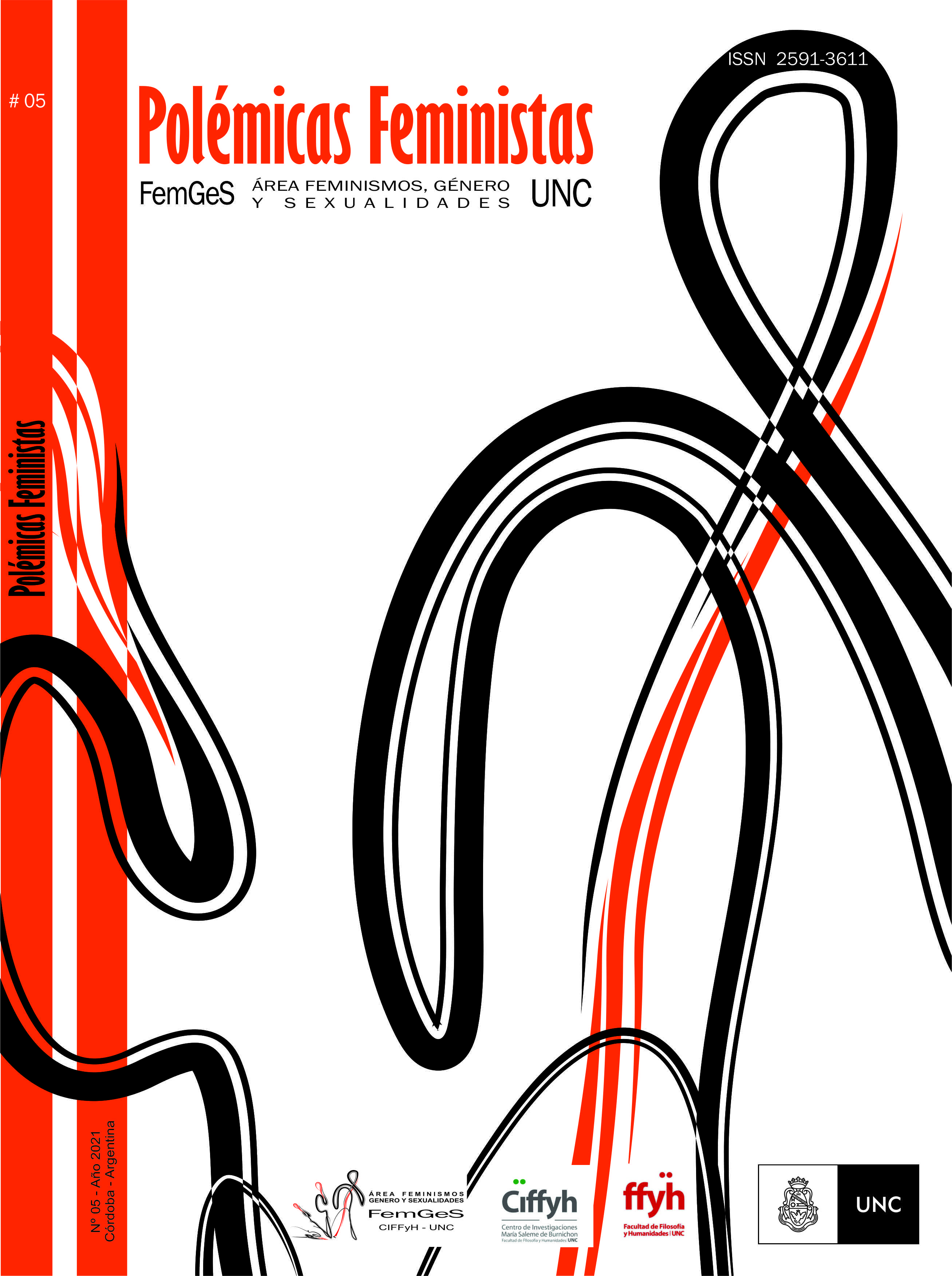The Demands against the "Right To Kill" and for Women’s Civil Rights in Brazil (1920-1930): First Attempts at a Feminist Genealogy
Keywords:
Feminisms, Civil Rights, Violence against Women, AdulteryAbstract
This article analyses some of the demands for women's civil rights and for the decriminalisation of adultery put forward by the Federação Brasileira para o Progresso Feminino, one of the main feminist movements in Brazil in the 1920s-1930s. The analysis focuses on proposals to reform the Civil Code and the Penal Code, drafted mainly by lawyer Maria Luiza Bittencourt. She and other activists of the Federation approved the proposals in the framework of the Second National Feminist Convention. The event was held in the city of Salvador, capital of Bahia, in 1934. Newspapers such as Diário de Noticias and Jornal do Commercio published news about the Convention. Documentary analysis of these news items and of the proceedings of the event made it possible to verify that the demands of feminists were added to other voices that rose up against the murder of women in that period. In this way, these demands constitute a background to the inclusion of the issue of violence against women in the feminist agenda, which became more visible in the years 1960-1980, but was not absent from the guidelines of the so-called "first feminist wave".
Downloads
Downloads
Published
Issue
Section
License
Copyright (c) 2021 Thiara Cerqueira Matos

This work is licensed under a Creative Commons Attribution-NonCommercial-NoDerivatives 4.0 International License.
From 2022: Attribution - Non-Commercial - Share Alike (CC BY- NC- SA 4.0)
From 2011 to 2021: Attribution - Non-Commercial - No Derivative Works (CC BY- NC- ND)






